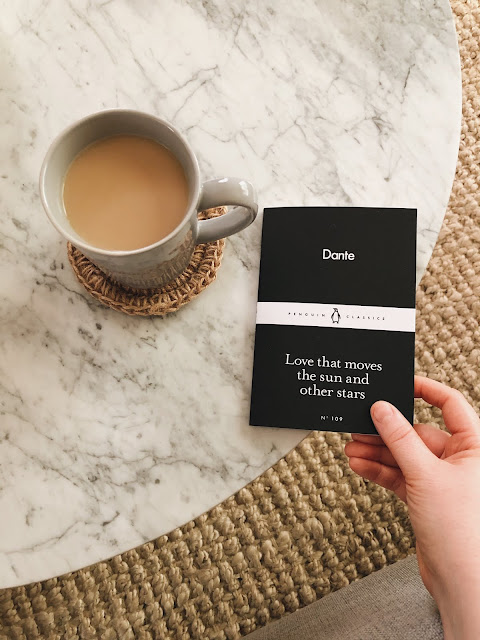We live in a broken, muddy world, but it is beautiful & created for good. God can use it all for His glory.
28 August 2020
Reading from Selador: The Book of Time Ch. 11
25 August 2020
Philosopher of the Heart
19 August 2020
How I Read a lot of Books

13 August 2020
Visits with Kierkegaard
 |
Oh, if men would rightly understand what a beautiful use they could make of their imagination, their acuteness, their ingenuity, their ability to co-ordinate by using it in every possible way to discover an extenuating explanation: then would they increasingly taste one of the most beautiful joys in life; it could become to them a passionate pleasure and need, which would cause them to forget everything else.
- Søren Kierkegaard
Once upon a time, many years ago, in high school and in college, I frequented the Selby Library in Sarasota, mostly to browse the excellent bookshop inside, which sells books at a very affordable price. At some point along the way, I came across this lovely hardback book, A Kierkegaard Anthology. It was $1. At that point, I had only heard of Søren Kierkegaard vaguely somehow, I did not even know. I thought he was a Christian, perhaps, but I did not know much beyond that. But I bought the book.
I thank my younger self for such clairvoyance to buy it. I realize now how providential that casual purchase was. I soon read through many of the selections in this anthology, mystified by the deep theological thoughts that were way over my head, and yet I was drawn to them because I understood something in them. Maybe it was only a few tiny things I understood, but I kept reading, and became an admirer of Kierkegaard's writings.
I have never taken a class in philosophy. So here was my first taste of it with Kierkegaard, and through him Socrates and Hegel. I did not understand all I read. I was confused by the "other authors" of his discourses, which I now know were his way of expressing various opinions and views of a topic at hand without putting his own name to it. Many books he published did not have his name attached for this reason.
He was a Danish Christian (he lived 1813 - 1855) who saw issues in the Christian society of the Danish life, wondering how one could be a true Christian in a society where everyone was a "Christian". In his case, church and state were one in the same. One had to be baptized in order to become a Danish citizen. He believed that to be a true Christian meant to suffer and go through difficulty and come out the other side, after all, Jesus goes before us in all our suffering. He believed the sermons being preached at his church in Copenhagen were too comforting and watered down, leading everyone in society to be complacent in their Christianity. Sound somewhat familiar? Isn't our society running along the same lines?
I always find myself coming back to visit Kierkegaard every now and then. Something I read will remind me of something he wrote and I will visit with him again. I have so often revisited the wonderful anthology, or some of his other books. His Works of Love captivated my idea of what it means to love others. And a new biography, Philosopher of the Heart, is absolutely engaging and beautifully written. I am reading it now, and enjoying it so very much. Not only am I learning much about the Danish Christian world, but also much more deeply into why he wrote what he did, and what inspired him. I will leave that for another post.
We are all so much more apt to think about discovering evil than about discovering good. - SK
07 August 2020
A Reading from...Selador
05 August 2020
Little Black Penguins
- Dante
I started collecting a few of these mini-sized Penguin Classics a few years ago when I saw them for the first time whilst book shopping in England. I forget exactly where I first saw them, probably in Oxford where I tend to do most of my book shopping. These little books are a great way to get a taste of an author, as they publish either a collection of poems for a poet, some short stories, or snippets from lesser known works by an author. The Dostoyevsky, for example, White Nights, is a lesser known shorter story from the great writer, and I enjoyed reading this very early work of his.
The little Penguins are a great way to explore different authors, or re-visit some favourites, and get a diverse reading experience. I do not think I would have ever known or read The Book of Tea, but I enjoyed that one a lot (as a lover of tea), and some authors I am curious about but have not read before are available here in little books, which fit perfectly in any bag by the way.
The Dante book I recently received, and on the front is my favourite quote from The Divine Comedy, from the last book, Paradiso, and the book itself has a collection of Cantos from the final book in the series, which was enjoyable to read, as it is a different translation from what I have read by Dorothy L. Sayers.
Wishing you happy explorations as you find new books to read, or seek out authors you have not read, to deepen your knowledge, appreciate seeing the world through other's eyes, and letting your imagination run.





